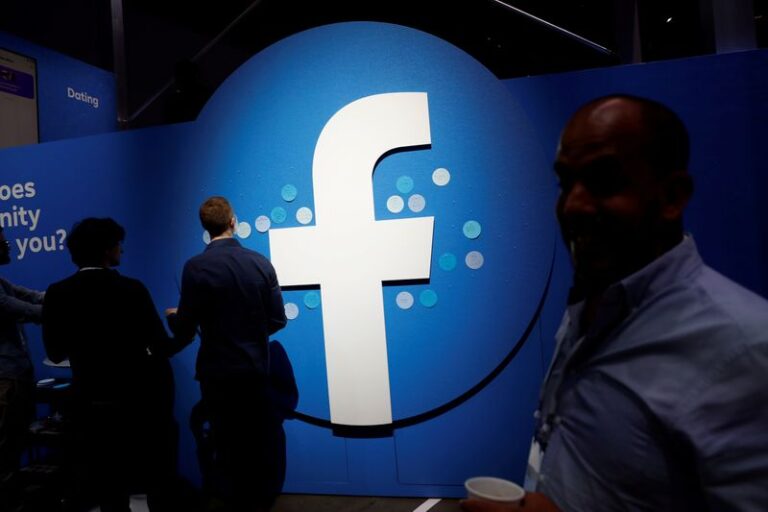
(Reuters) – The U.S. government has asked Australia to scrap proposed laws that will make it the first country in the world to force Facebook Inc and Alphabet Inc’s Google to pay for news sourced from local media outlets.
In a submission asking the government to “suspend” the plans, assistant U.S. trade representatives Daniel Bahar and Karl Ehlers, suggested Australia instead “further study the markets, and if appropriate, develop a voluntary code.”
Under the law, which has broad political support and is currently before a senate committee, Google and Facebook will be subject to mandatory price arbitration if a commercial agreement on payments to Australian media cannot be reached.
“The U.S. Government is concerned that an attempt, through legislation, to regulate the competitive positions of specific players … to the clear detriment of two U.S. firms, may result in harmful outcomes,” said in the document, under the letterhead of the Executive Office of the President.
Such a move could also “raise concerns with respect to Australia’s international trade obligations,” it said.
The Australian government announced the legislation last month after an investigation found the tech giants held too much market power in the media industry, a situation it said posed a potential threat to a well-functioning democracy.
Asked for a response to the U.S. submission, Australian Treasurer Josh Frydenberg said in a statement the government “is committed to proceeding with a mandatory code” that would address “the bargaining power imbalances with digital platforms and media companies.”
The code followed an 18-month review by the Australian Competition and Consumer Commission (ACCC) Chairman and “extensive consultation” that included the views of both Google and Facebook, he added.
The ACCC inquiry found that for every A$100 of online advertising spend, A$53 goes to Google, A$28 to Facebook and A$19 to other media companies.
Following intense but unsuccessful lobbying of the Australian government from both tech giants to scrap the proposed laws, which they deem unfair, Google and Facebook have suggested they may be forced to limit their offerings in the country.






